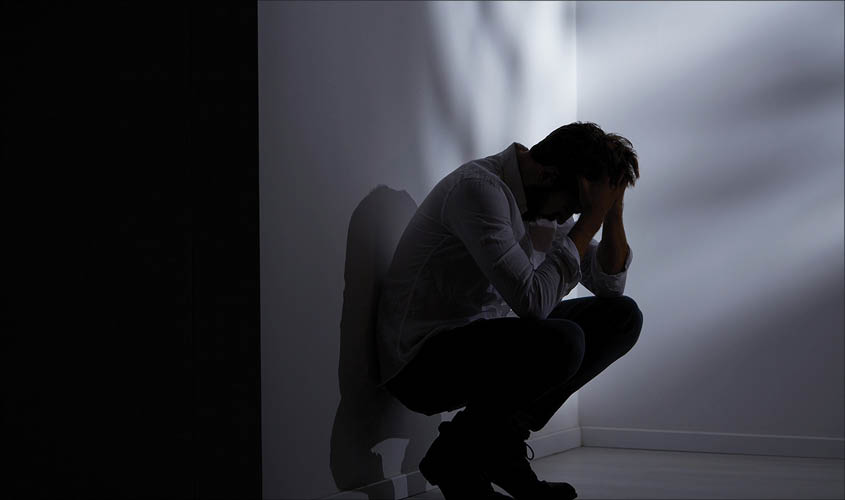NEW DELHI: Every 40 seconds, a life is lost to suicide, a recent report released by the World Health Organisation has claimed. Globally, more than 800,000 people take their lives by committing suicide every year due to the lack of awareness about mental health, according to the WHO report.
The prevention of suicide and awareness about mental health is poorly addressed by most nations and in many countries, mental health still remains a taboo, making it difficult for people to accept and talk about mental illness, which, at most times, becomes the reason one is forced to take that drastic step of ending their lives.
In India, over 250,000 people commit suicide every year, which amounts to 700 lives lost every day to suicides, according to a Lancet report published last year. The report is based on a study conducted in 2016. Unfortunately in India, data for suicides is only available till 2016, after which, no government organisation, including the NCRB, published any data on suicides in India.
Dr Johnson Thomas, Director of AASRA, a suicide prevention and counselling NGO, told The Sunday Guarian that the fast changing world where everybody is in a race has affected many who feel like that they have been left behind. “The feeling of worthlessness, low self-esteem, lack of societal bonding, homogenous and self-dependent families, who often fail to pay attention to their children, are some of the reasons we see suicide rates going up not only in India, but across the globe.”
“Some of the other factors that lead to suicides are a failed relationship, marital issues, financial debt and education where a student is made to feel worthless if they fail in an examination, bullying, and peer pressure in hostels and colleges. Every individual has different coping skills and some who cannot cope end up taking their lives,” Dr Thomas added.
The WHO report on suicide also points out that suicide is the most common cause of death among the 15-29 years age group globally and psychologists say that this age group is more prone to suicide because of the impulsivity, increasing needs, peer pressure, loneliness, wrong parenting, among other factors.
In India, around 9,474 students committed suicide in 2016 and this number has increased from 8,068 to 9,474 between 2014 to 2016, according to the Ministry of Home Affairs’ response to the Lok Sabha. The report further stated that a total of 7,462 students committed suicide due to failure in examinations in the same period.
Dr Aroona Broota, senior psychologist, told The Sunday Guardian: “We don’t pay attention to mood swings and aggression, and we try to ignore signs of mental illness, because it is a taboo. We try to impose positivity. We have to understand that some people may have low stress tolerance level, some may have anxiety issues, some cannot face the situation and in such cases if the signs are not noticed by parents and friends, the high impulsivity especially among the young can force them to take drastic steps.”
According to the National Mental Health Survey through the National Institute of Mental Health and Neuro Sciences (NIMHANS), Bangalore, in 2016, nearly one in 40 and one in 20 persons suffer from past and current depression, respectively, while 1% of the survey population was at high risk of suicide.
However, psychologists and mental health professionals argue that India is far behind in terms of providing adequate importance to the mental health infrastructure in the country.
“We are way too backward in terms of creating awareness about mental health. We do not have any nationwide programme to discuss about mental health issues. Going to a psychologist and talking of mental health is still looked down upon in our society. We need to create awareness and inculcate the importance and the need to talk and study about our mind right from the school level,” Dr Aruna Broota said.
She further added that schools should include the study of the mind in their curriculum, the government should increase the funding for mental health, the government should organise camps and awareness programmes about mental health from time to time.

